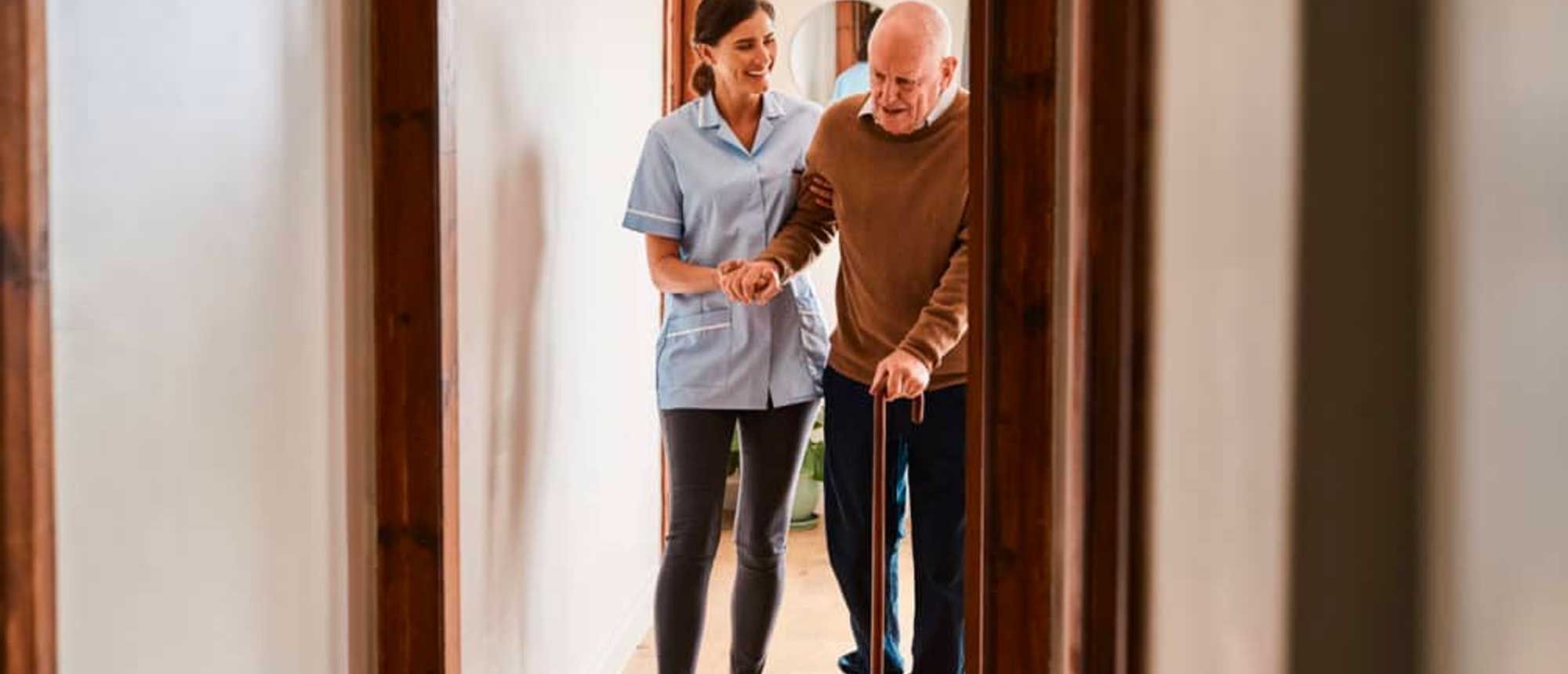03 May Home Health Care Vs. In-Home Care – Everything You Should Know
Although used interchangeably by many people, ‘in-home care’ and ‘home health care’ are very different and families in need of an extra pair of hands need to understand the difference between the two. Knowing which type of home care assistance suits the needs of your loved one can be challenging. Here is everything you need to know about in-home care and home health aging life care.
 Mandated Clinical Care By Your Doctor Is Home Health Care
Mandated Clinical Care By Your Doctor Is Home Health Care
For starters, home health care needs to be prescribed by your doctor and administered by a certified in-home nurse care assistant, home health aide or licensed vocational nurse. In most instances, the available payment options include Medicare or private medical insurance. It is suitable for older adults that are recovering from serious health issues while at home. Vital services include the following:
- Administer medication and injections
- Nutrition or intravenous therapy
- Disease management and health monitoring
- Occupational or physical therapy
- Pain management
- Wound care
Non-Clinical Personal Care Is In-Home Care
In-home care focuses on providing help and companionship to seniors. In-home caregivers typically assist their patients with daily activities. The levels of care will, therefore, vary depending on their needs. Although these professionals can handle all the work that comes with senior care, they are not licensed medical service providers. Vital services include the following:
- Transportation
- Assistance with daily living activities like bathing, dressing, and grooming
- Financial management and bills
- Meal delivery or preparation
- Friendship and companionship
How Do In-Home Care and Home Health Care Work Together?
In numerous cases, an older adult may need the help of both a home health care provider and an in-home caregiver. For example, individuals recovering from surgery will need specialized therapy and support with everyday activities. Here is a detailed look at scenarios when in-home care and home health care work together:
- While a home health aide can change medications when needed, an in-home caregiver reminds the seniors to take daily medications.
- A therapist will work with older adults on exercises to improve their general health. In-home personnel will encourage their patients to work on daily physical therapy exercises.
Help Your Loved One Stay Safe at Home
Giving seniors all the help they can get while at home needs to be top of your priority list. At Family Tree In-Home Care, we have a dedicated team that provides personalized home care solutions to give you peace of mind. Ensure you contact us today to find out more about how we can help.


